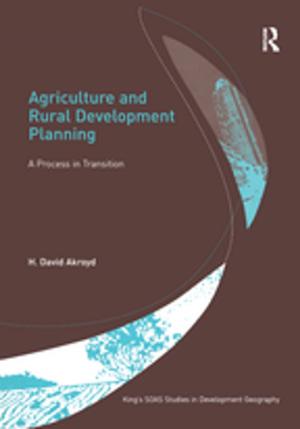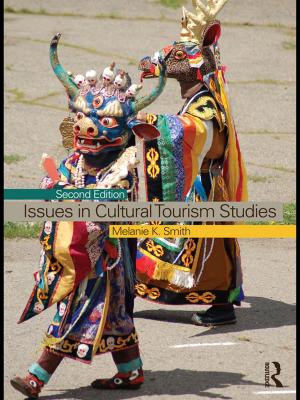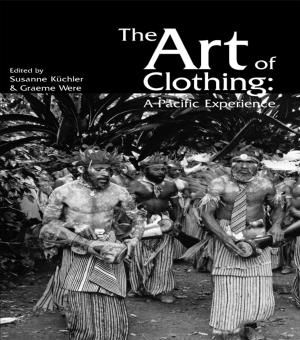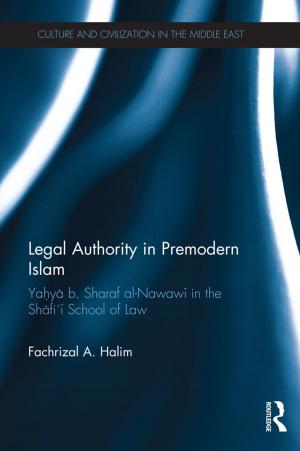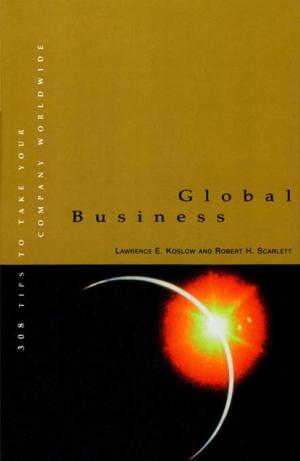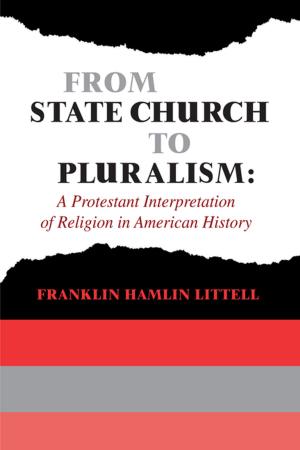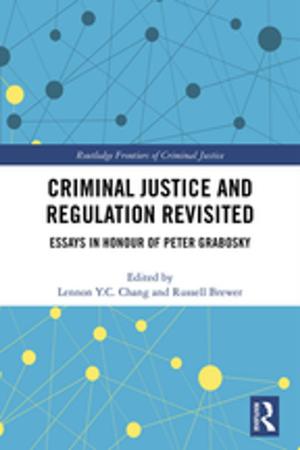Elizabeth Stirling and the Musical Life of Female Organists in Nineteenth-Century England
Nonfiction, Entertainment, Music| Author: | Judith Barger | ISBN: | 9781351159067 |
| Publisher: | Taylor and Francis | Publication: | November 28, 2017 |
| Imprint: | Routledge | Language: | English |
| Author: | Judith Barger |
| ISBN: | 9781351159067 |
| Publisher: | Taylor and Francis |
| Publication: | November 28, 2017 |
| Imprint: | Routledge |
| Language: | English |
Using the life and works of Elizabeth Stirling as a case study, this book focuses on the three roles common to female organists in nineteenth-century England: recitalist, church musician and composer. The author utilizes many rich and diverse primary sources to piece together a coherent picture of Stirling in each of these pursuits, as well as to present vignettes from the lives of her female colleagues. Nineteenth-century newspapers and journals provide not only specific references to musical events, such as recitals, church appointments and reviews of compositions, but also a view of the larger musical world and issues affecting nineteenth-century London organists, some of them gender related. London church guides chronicle women's employment as church organists. Public and parish records fill in biographical details. Works of fiction about musical heroines help to illustrate society's views about the role of music in nineteenth-century women's lives and, occasionally, the consequences experienced by those women who did not abide by societal norms. Finally, perusal of published music by Stirling and her colleagues gives insight into compositional styles and practices and, when publicized in reviews, the value placed on these works. Issues with special relevance to female organists are explored in detail: inequality of education, the High-Church Oxford Movement, the process by which organists were chosen for church positions and the sexual politics of composition. The pattern that emerges is one of both overt and covert discrimination against 'lady organists' in the press, rooted in beliefs held about the proper role of women in society and of music in women's lives.
Using the life and works of Elizabeth Stirling as a case study, this book focuses on the three roles common to female organists in nineteenth-century England: recitalist, church musician and composer. The author utilizes many rich and diverse primary sources to piece together a coherent picture of Stirling in each of these pursuits, as well as to present vignettes from the lives of her female colleagues. Nineteenth-century newspapers and journals provide not only specific references to musical events, such as recitals, church appointments and reviews of compositions, but also a view of the larger musical world and issues affecting nineteenth-century London organists, some of them gender related. London church guides chronicle women's employment as church organists. Public and parish records fill in biographical details. Works of fiction about musical heroines help to illustrate society's views about the role of music in nineteenth-century women's lives and, occasionally, the consequences experienced by those women who did not abide by societal norms. Finally, perusal of published music by Stirling and her colleagues gives insight into compositional styles and practices and, when publicized in reviews, the value placed on these works. Issues with special relevance to female organists are explored in detail: inequality of education, the High-Church Oxford Movement, the process by which organists were chosen for church positions and the sexual politics of composition. The pattern that emerges is one of both overt and covert discrimination against 'lady organists' in the press, rooted in beliefs held about the proper role of women in society and of music in women's lives.

